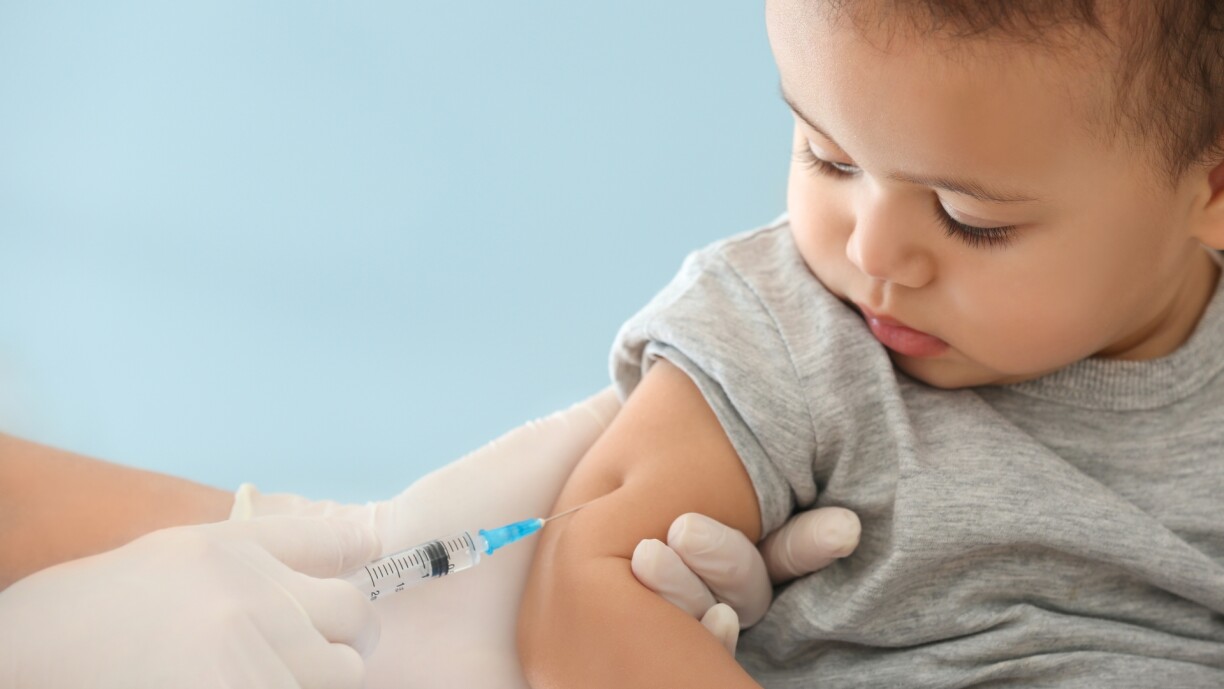
Recommendations for child vaccinations are formulated by the High Council for Infectious Diseases (CSMI) and implemented by the Health Directorate. The Ministry of Health established a national vaccination schedule outlining which vaccinations are recommended, and when these should be administered. It includes a timeline of vaccinations against 13 infectious diseases, given free of charge.
Each EU country holds primary responsibility for its national public health policy and in turn, the organisation and delivery of health services and medical care. This responsibility includes policy decisions concerning vaccinations, and if these are to be compulsory or recommended. National governments consider factors such as cultural norms, health systems and legal systems within their locality. Different vaccines may be required as mandatory in certain countries, however, most EU/EAA countries offer immunisations on a recommended basis, such as Luxembourg.
The vast majority choose to vaccinate their children here, indicated by Luxembourg outperforming the EU average in child vaccinations. Published January 2024, a thematic report on child health in Luxembourg focused on children from birth to the end of primary school. It shows high participation in recommended check-ups, screenings and vaccinations from birth up to the age of two. The participation rates of these appointments decline once allowances, and pre and postnatal benefits cease. The findings indicate equitable access to health care services because of low numbers of unmet medical care needs among children.
Every five years, the Health Directorate has conducted a survey of vaccine coverage amongst children aged between 25 and 30 months. This survey has allowed the assessment of data in the absence of a national vaccination database in Luxembourg. A national electronic vaccination record ‘CVE’ (Carnet de Vaccination Electronique) is currently being rolled out and was first introduced to medical practices in February 2022. The CVE not only allows the management of the immunisation programme across the entire resident and non-resident population, but it also acts as a portable version of the previous booklet or yellow immunisation card. It will send notifications of vaccination reminders and personalised vaccination advice. Up until July 2023, children from birth to age 14 account for 40% of all CVE’s. The new system is pending a full roll-out and will further enhance vaccination data amongst all ages.

Paediatricians play a leading role in medical care for children under the age of 10 in Luxembourg, although children can be seen by a family doctor or GP, including for any vaccinations. An exception to this is COVID-19 vaccine, if you choose to have your child vaccinated. For children between the ages of six months and five years, a paediatrician must administer the vaccine. Appointments for child immunisations can be booked via Doctena to see a paediatrician or a GP, or book directly with a medical practice.
Unlike in Luxembourg, in neighbouring France and Germany there are mandatory policies around child immunisation. In France, the public authorities have been prompted to extend compulsory vaccinations for children under the of age two. Since 2018, the number of mandatory vaccines in France has increased from three to 11 and includes diphtheria, tetanus, poliomyelitis, whooping cough, Hemophilus influenza b, hepatitis B, meningococcus C, pneumococcus, MMR (measles, mumps and rubella). Since 2020 in Germany, children must be immunised against measles in order to attend kindergarten or school. A fine of €2,500 can be handed to parents who fail to produce proof of vaccination.
Prior to 2023, vaccinations for infants in Luxembourg were usually recommended from the age of two months. Following recommendations of the CSMI, the Ministry of Health introduced optional preventative RSV treatment to newborns from birth in maternity wards, starting from the autumn-winter season 2023/24. RSV immunisations will be available in all maternity wards in the country and from paediatricians. See here for full details of the availability and recommendations of treatment.
Each of the 38 OECD countries offer an immunisation programme based on the assessment of risks and benefits of each vaccine. In Europe, many children remain unvaccinated and vulnerable to potentially life threatening diseases. European vaccination week is marked annually during the final week of April and aims to raise awareness of the importance of immunisations and promote collective responsibility for wider public health and well-being.
In April 2023, UNICEF published its most comprehensive global assessment of routine immunisations. Included in the study were a total of 55 countries worldwide, 29 of which are in Europe (including Luxembourg) and Central Asia. The report indicates that perception concerning the importance of child immunisations has declined. In the majority of countries, women and people under the age of 35 were most likely to have reported less confidence in child vaccinations.

The report indicated the largest sustained decline in childhood vaccinations globally in approximately 30 years, fueled by the pandemic. Interruptions to accessing healthcare, diversion of immunisation resources to COVID-19, staff shortages, stay-at-home measures and changing attitudes were all contributing factors. The report indicates that globally between 2019 and 2021, an estimated 67 million children missed out completely or partially on routine immunisations.
Data published July 2024 by WHO indicates that globally in 2023,14.5 million children had no vaccinations – referred to as zero-dose children. That said, Europe maintains a high percentage of child vaccination participation. In addition to the impact of COVID-19, parents may choose not to vaccinate their children for religious reasons, personal beliefs, safety concerns and a need for more information from healthcare providers.
See here for further information.